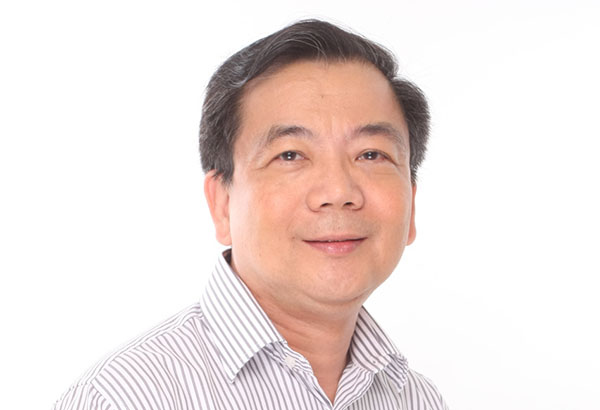This is to inform all concerned of the passage into law of Republic Act No 10657 otherwise known as the Chemistry Profession Act. This new chemistry law came into full force and effect on 12 April 2015 or fifteen (15) days following its complete publication in the Official Gazette last 27 March 2015.
In this light please be advised of its salient provisions regarding the operation of laboratories performing chemical analyses in the Philippines:
1.) Only firms, corporations, government agencies, academic institutions duly authorized by the Board, that hold a valid certificate may operate a chemical laboratory or engage in the practice of chemistry or chemical analysis in the Philippines ( SEC. 35. Certificate of Authority to Operate for Firms, Corporations and Government Agencies). For the requirements to secure this certificate of authority to operate please see the Implementing Rules and Regulations of RA 10657 Rule XI section 46 and the Rules and Regulations Implementing Section 35 of Republic Act No. 10567 (Chemistry Profession Act) on the Issuance of Certificates to Operate Chemical Laboratories and Other Related Establishments. Grace period for compliance is 3 years after the law took effect or until April 12 2018.
2.) Only registered Chemists or registered Chemical Technicians holding valid certificates of registration (CRs) and professional identification certificates (PICs) issued by the Board and the Commission can carry out the chemistry practice in the chemical laboratory (Implementing Rules and Regulations RA 10657 Rule XI Section 46 .1)
3.) Only registered Chemists can head a chemical analyses laboratory and certify certificates of analyses. Only registered Chemists and Chemical Technicians can sign the analyzed by section of certificates of analyses (Implementing Rules and Regulations Rule XI Section 46.2)
4.) All new appointments to the following positions or designations must be registered Chemists with valid CRs and PICs: Heads of chemical laboratories / Supervisors of chemical work in a laboratory / Signatories to a chemical analysis (Implementing Rules and Regulations Rule XI Section 56)
5.) Registered chemists and registered chemical technicians working in chemical analyses laboratories are entitled to hazard pay, insurance and legal assistance (SEC. 42. Hazard Pay, Health and Accident Insurance, and Legal Assistance)
Many covered laboratories and establishments are not yet aware of this requirement of the law, thereby placing in jeopardy public safety and interest. We call upon all relevant government agencies, industries and academic institutions, to effectively enforce and implement this provision of the law. Local and international audit and standards accreditation bodies are also requested to include in their audit checklist compliance with such requirement. Most importantly, all covered chemical laboratories and establishments should comply with the requirement to secure the Certificate of Authority to Operate, under pain of penalties as provided for in Section 39 of R. A. No. 10657, which reads: “No chemical laboratory or firm shall undertake activities covered by this Act without a valid authority to operate the same. The president or the highest ranking officer of the corporation shall be held liable for violations of this Act. Upon conviction, these persons shall be sentenced to a penalty of imprisonment for a period of not less than one (1) month but not more than one (1) year, or a fine of not less than one hundred thousand pesos (P100,000.00) but not more than one million pesos (P1,000,000.00), or both, at the discretion of the court.”
For dissemination to all companies, government agencies, and academic institutions which are operating chemical laboratories and to all audit and standards accreditation bodies for inclusion in their audit checklist for compliance.
Thank you for helping to ensure that the provisions of the Chemistry Profession Act are properly implemented.




